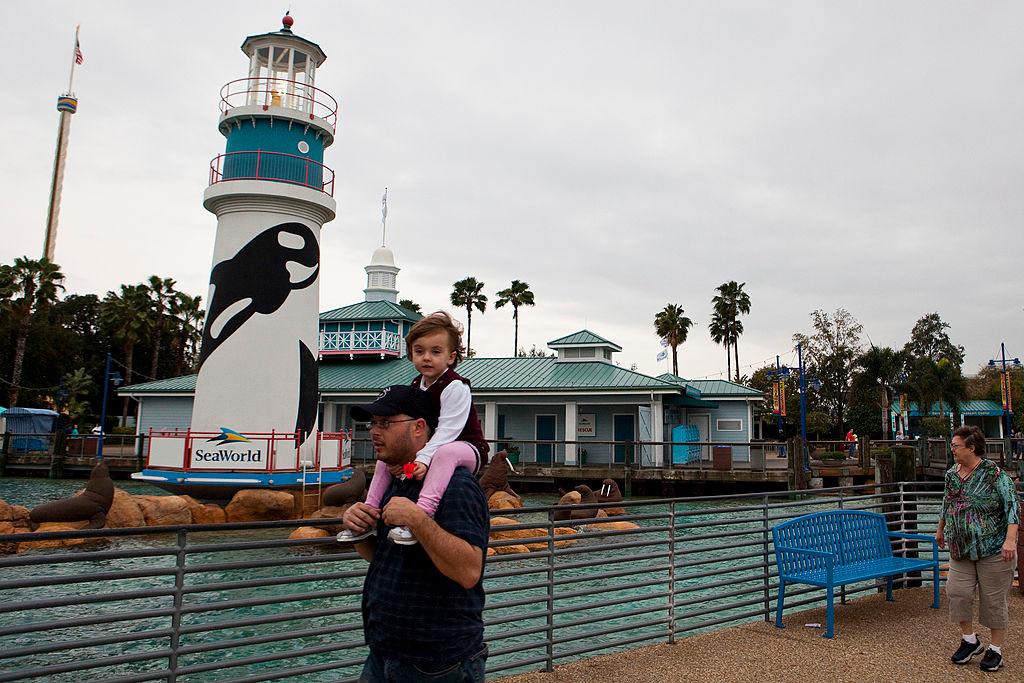After SeaWorld announced that a 30-year-old orca, Kayla, died on Jan. 28, an animal advocate said that it’s not typical for killer whales to die so young.
For an orca, “30 is prime of life,” Dr. Naomi Rose, a marine-mammal scientist at the Animal Welfare Institute who has been critical of SeaWorld in the past, told the Orlando Sentinel.





